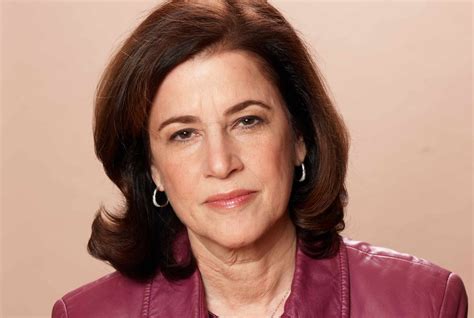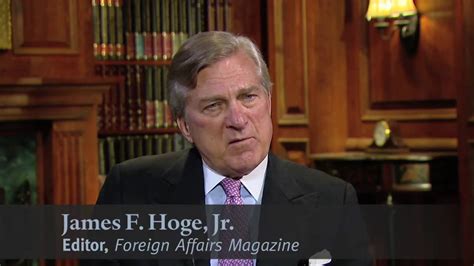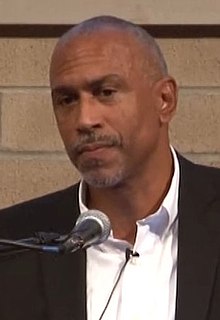A Quote by Temple Grandin
There needs to be a lot more emphasis on what a child CAN do, instead of what he cannot do.
Related Quotes
We do not put enough emphasis on early childhood years. We neglect children in this society; as a society we're guilty of child neglect. If we could eliminate the vestiges of racism, if we could develop a more powerful agenda for child care, child development, and a more powerful education system, we could prevent a lot of the incapacities which in turn tend to generate structural unemployment.
To each his own. It's one of those things. How you build your family?you have to know what you're capable of handling and how your children will relate to each other. Maybe if you have one child and that child has a lot of needs, you realize you cannot give more attention to another. Sometimes you just know as a parent. We felt we could handle more children, and we have a very happy, very full home.
The attempt to be an ideal parent, that is, to behave correctly toward the child, to raise her correctly, not to give to little ortoo much, is in essence an attempt to be the ideal child--well behaved and dutiful--of one's own parents. But as a result of these efforts the needs of the child go unnoticed. I cannot listen to my child with empathy if I am inwardly preoccupied with being a good mother; I cannot be open to what she is telling me.
Every life and every childhood is filled with frustrations; we cannot imagine it otherwise, for even the best mother cannot satisfy all her child's wishes and needs. It is not the suffering caused by frustration, however, that leads to emotional illness, but rather the fact that the child is forbidden by the parents to experience and articulate this suffering, the pain felt at being wounded.
I think in television and film, it's not usually the child's point of view. It's the story of an adult. If there's a child in a drama or an action-adventure movie, they're someone who needs to be saved, someone who needs to be protected, or if they're killed, someone who needs to be avenged. Their character doesn't matter much.




































